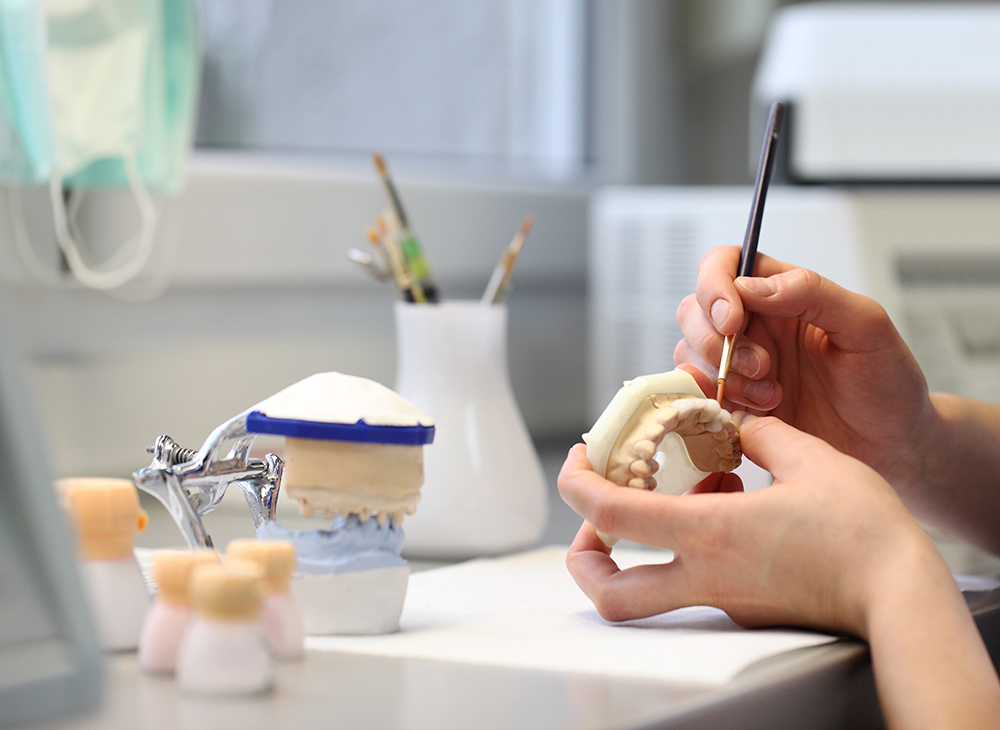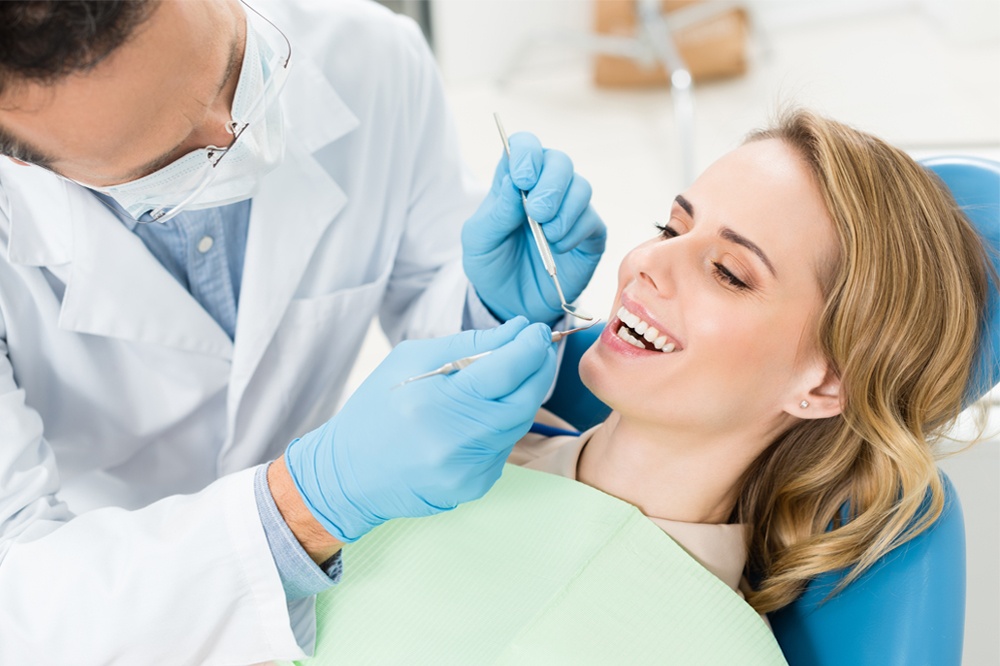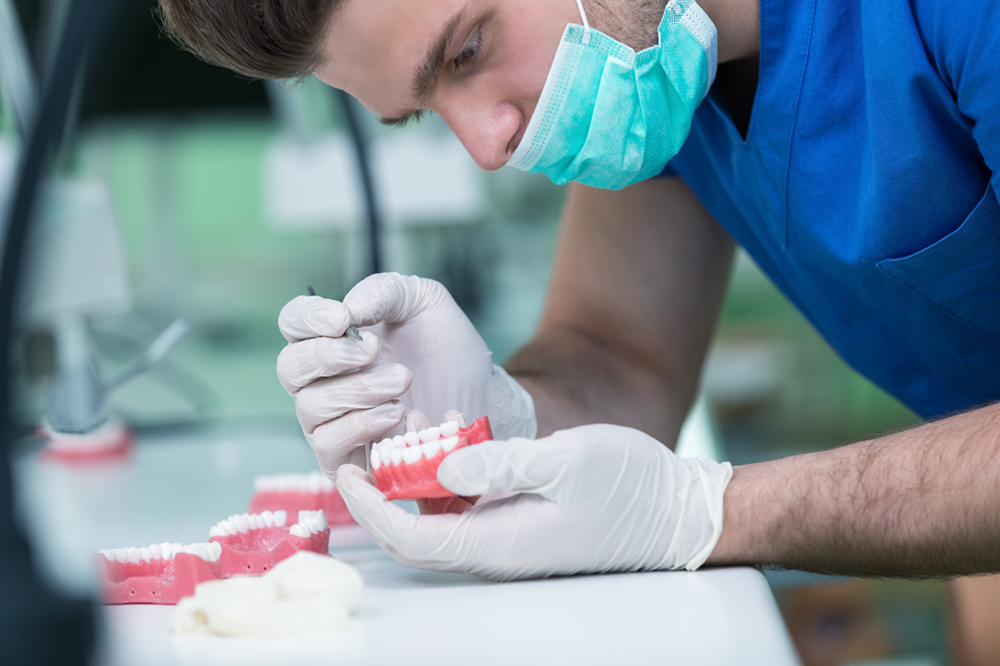Oral health is definitely linked to the overall well being. To maintain the same, it is important to keep practicing healthy habits and take proper care of your mouth. According to ADA, it is recommended to brush your teeth daily for at least 2 minutes. The ADA also recommends using soft bristled toothbrush for brushing your teeth. Flossing along with brushing adds an extra layer of protection.
But, what do you think could impact your oral health. Dentists all around the world claim that both brushing and flossing are equally important and should be done together. Let’s see what differentiates the two of them.
Both brushing and flossing are aimed at removing plaque buildup, however, the process followed is different. Brushing removes plaque from the front and back surfaces of your teeth whereas flossing allows you to remove plaque from between the teeth and under the gums. So, flossing is better than brushing when it comes to removing plaque because it eliminates the chances of gum disease.
To observe the positive impact of flossing, it is recommended to first learn the correct way to floss. Proper flossing involves wrapping the floss in a “C-shape” and covering the surface area of the tooth. It is recommended to move the floss up and down along the outer surface and under the gum tissue. Using the right way will help clean plaque from both the outer and inner surface of our teeth.
By adding flossing to your daily routine, you can easily prevent bleeding of gums. When paired with brushing twice a day, bleeding gums can be taken care of.
It is important to spend proper time on brushing and flossing. Ignorance of any of the two may lead to destruction of tooth.
Book Appointment to find out which treatment might be best for you.




